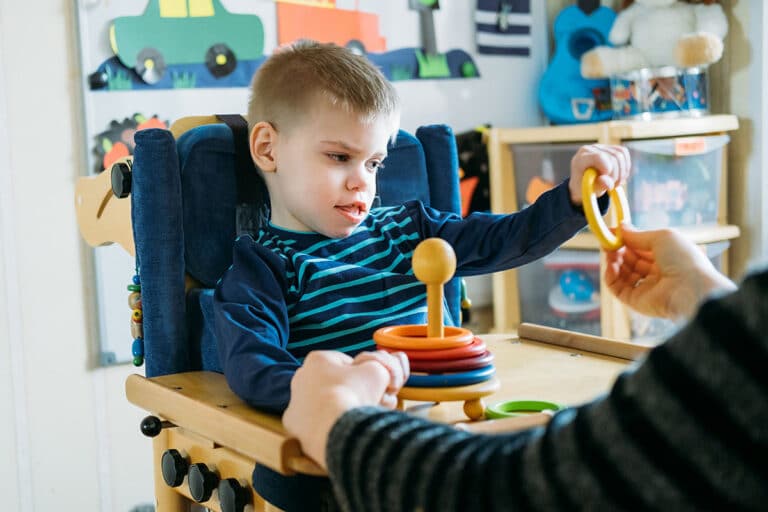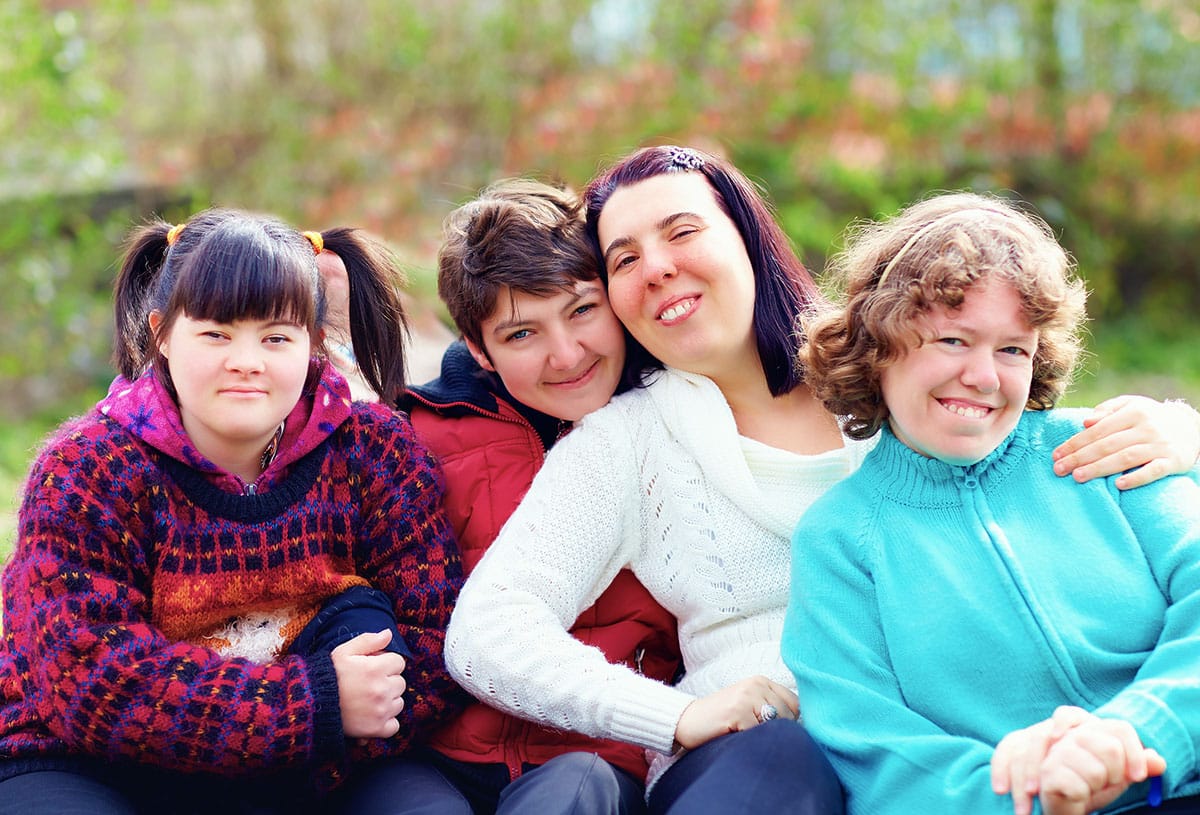What causes hearing loss in children?
Hearing loss in children can be hereditary and present at birth or acquired after birth. It may be caused by numerous different factors depending on what specific type of hearing loss an individual is experiencing.
Remember, you have choices when it comes to your child and their hearing loss. This includes technology, forms of communication and education. Contact us to discuss support for your family’s unique needs.
Additional Support and Resources










